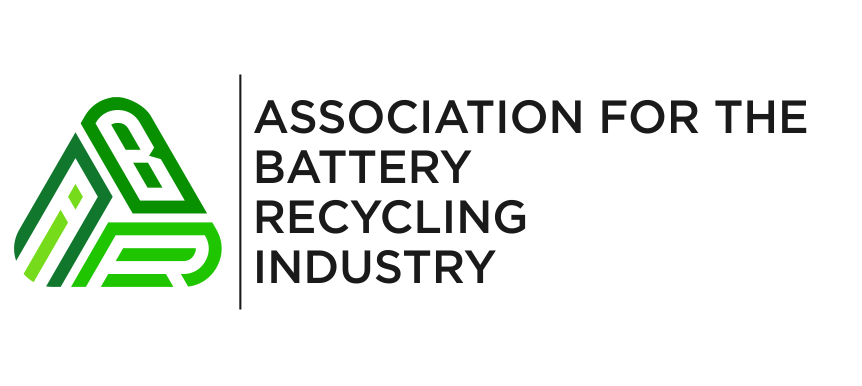27 September 2023
1. ABRI WELCOMES NEW MEMBERS – BATTERY HOLD, JOHNSON WINTER SLATTERY AND SECOND LIFE BATTERY CELLS
ABRI welcomes the following new members:
Batteryhold provides storage solutions for the safe storage and transport of batteries. Its mission is to reduce the risks associated with the storage and transport of batteries, ensuring the safety and security of assets. Their engineers are developing solutions for electric vehicles, e-bikes and scooters, power tools and much more.
Johnson Winter Slattery (JWS) is one of Australia’s largest energy, resources and infrastructure practices and was the Energy Law firm of the year 2023. In addition to their energy capability and experience, JWS is a full service law firm. Of particular interest to the battery recycling, reuse and repurposing industry, they offer assistance in technology and intellectual property, financing (debt, venture capital and private equity), environment and planning law, property, construction and disputes.
Second Life Battery Cells specializes in custom battery builds, repairs and reselling refurbished batteries that have been recovered from products such as EVs, E-bikes, E-scooters and solar batteries. They accept undamaged and intact lithium batteries and cells for re-use and provide battery repair services.
2. CHANGES TO ABRI AFFILIATE MEMBERSHIP
ABRI Affiliate members are companies who bring expertise to and support the battery circular economy but are not involved in the manufacture, distribution, sale, collection, sorting or recycling of batteries or battery-containing products.
In recognition of the benefits of Affiliate member expertise and services (fire safety and engineering, dangerous goods, consulting, research, legal, product stewardship and government), the ABRI Executive Committee has approved changes to the affiliate membership structure. There will now be four categories with a flat fee of $500 (+GST):
Professional services
Government
Not for profit
Research
The changes in categories will allow ABRI to better promote Affiliate membership expertise and attract companies who can support member business operations across the battery value chain. For information on the services provided by ABRI’s affiliate members visit the ABRI website and select Affiliate Members at the end of the page.
Affiliate members will see these changes automatically roll through into their renewals.
Further information on changes to Corporate membership including benefits will be provided over the remainder of the year.
3. ROBOTICS, AUTOMATION, ELECTRICAL SOLUTIONS AND MUCH MORE – INVITATION TO INSTRUMENTATION, CONTROL & AUTOMATION EXPO, SYDNEY 11TH OCTOBER (12 TO 6PM)
The Institute of Instrumentation, Control & Automation Aust Inc (IICA) has invited ABRI members to their Sydney Expo. Tickets are complementary and networking beverages and canapes are available from 4pm onwards.
Explore and meet with industry leaders and technology experts at the IICA Technology Expo NSW. IICA presents a wide range of exhibitors showcasing the latest innovations, technologies, and equipment in advanced manufacturing. The Expo is targeted at designers, engineers, technicians, operators, purchasers and managers with a focus on operational and manufacturing design.
PRE-REGISTER to enter your chance to WIN an Apple TV.
4. PROPOSED CHANGES TO THE AUSTRALIAN DANGEROUS GOODS CODE (ADG) - EVS, SODIUM ION AND PACKAGING INSTRUCTIONS
The National Transport Commission is consulting on a small suite of proposed changes to ADG 7.8. The changes would result in ADG 7.9. A major review is not being undertaken as this is part of a separate process to develop ADG 8 (“the Comprehensive review of the ADG Code 2021-2024”).
The proposed changes are in line with recent changes to the UN model provisions and submissions are due by 23 October. Please contact ABRI CEO, Katharine Hole, if you have any comments.
In summary, the changes of interest to the battery recycling sector are:
Sodium ion batteries
classification of sodium-ion batteries as a class 9 dangerous good with UN numbers
3551 SODIUM ION BATTERIES with organic electrolyte
3552 SODIUM ION BATTERIES CONTAINED IN EQUIPMENT or SODIUM ION BATTERIES PACKED WITH EQUIPMENT, with organic electrolyte
application of special provision, packaging, etc requirements as are applied to lithium-ion batteries
New entries in the classification table:
2795 BATTERIES, WET, FILLED WITH ALKALI, electric storage
3292 BATTERIES, CONTAINING METALLIC SODIUM OR SODIUM ALLOY, or CELLS, CONTAINING METALLIC SODIUM OR SODIUM ALLOY
3556 VEHICLE, LITHIUM ION BATTERY POWERED
3557 VEHICLE, LITHIUM METAL BATTERY POWERED
3558 VEHICLE, SODIUM ION BATTERY POWERED
Packaging instructions:
P908 for damaged or defective lithium-ion and sodium-ion cells
P912 vehicles with classifications 3556, 3557 and 3558
The detailed changes can be found in red mark up at:
Volume 1 including classifications and special provisions
Volume 2 including packing instructions
The planned commencement date for ADG 7.9 is 1 October 2024, with a 12-month transition in which either ADG 7.8 or 7.9 can be used. Under this timetable, the ADG Code 7.9 would become mandatory on 1 October 2025.
